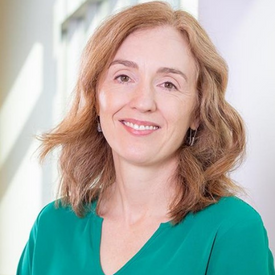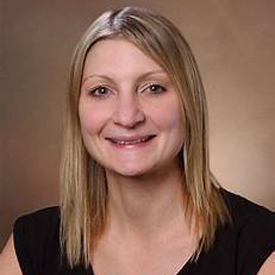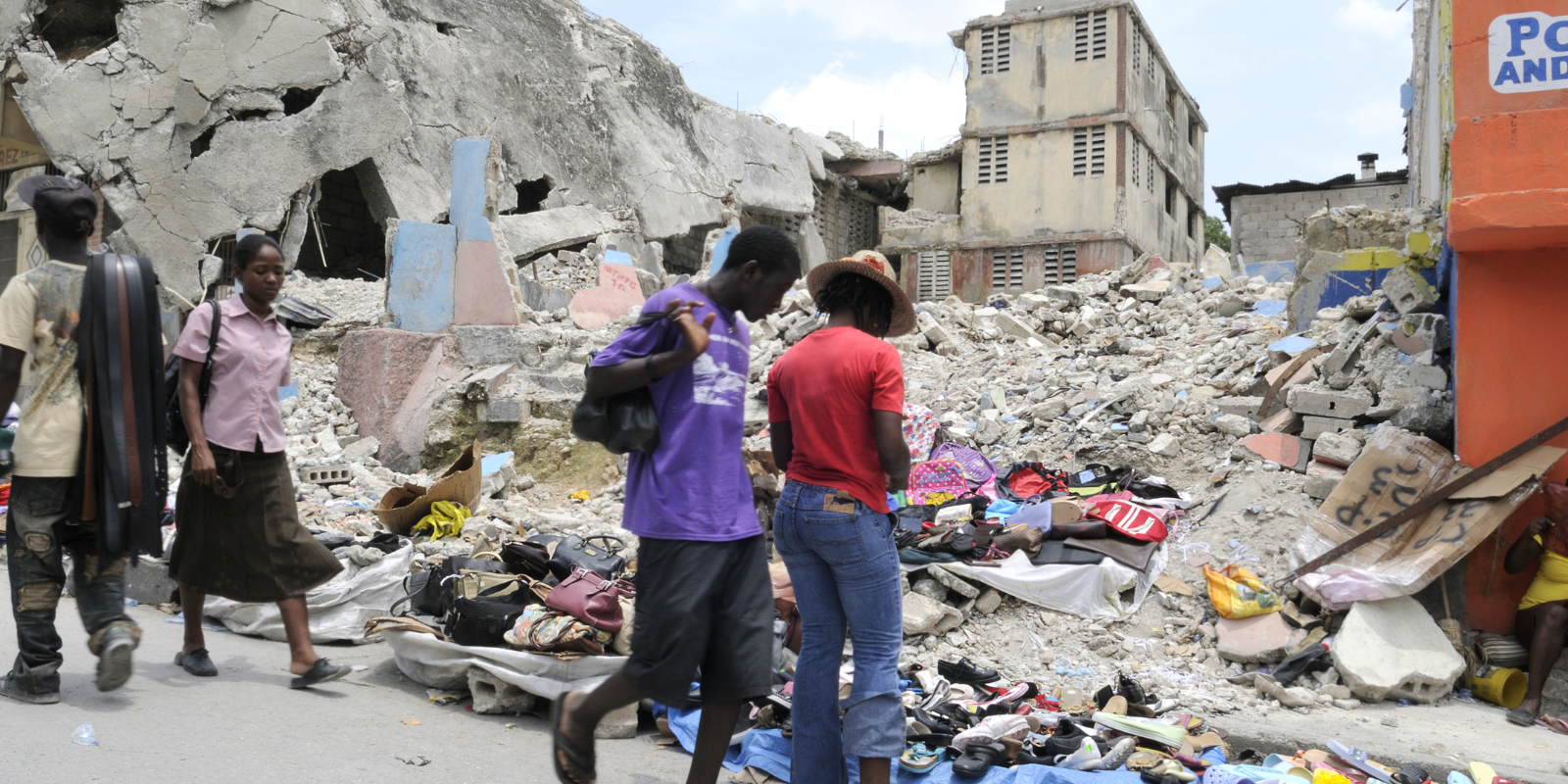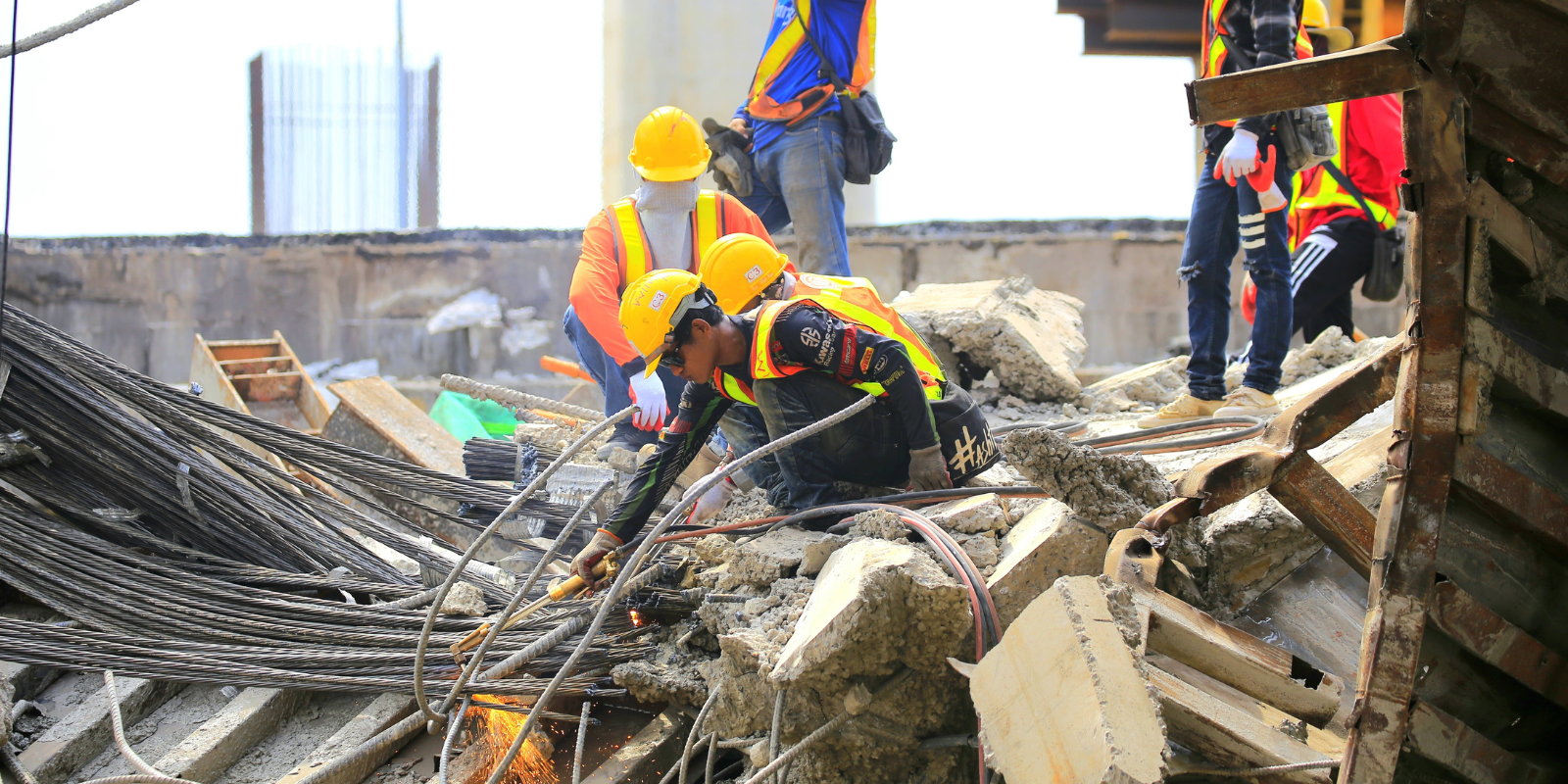Celebrating exceptional women on the University of Colorado Anschutz Medical Campus? No problem.
The women on this campus teach tomorrow’s healthcare experts, move science forward with breakthrough discoveries and care for patients during their most challenging times. They are medical pioneers, wives, daughters, sisters, friends, mothers, role models and heroes.
Throughout September, in recognition of the American Medical Association’s (AMA) Women in Medicine Month, we are recognizing a few of the extraordinary women who work in all aspects of the medical field on our campus. They share the significance of being a woman in medicine and the challenges of fulfilling their numerous roles during a worldwide pandemic.
Emmy Betz, MD, sees bright spots in dark times, encourages women ‘to stay’
Emmy Betz, MD, MPH, is a professor of emergency medicine in the University of Colorado School of Medicine and epidemiology in the Colorado School of Public Health. She has done substantial work in firearm safety and suicide prevention, founding the Firearm Injury Prevention Initiative, with the goal of coordinating, synergizing and inspiring collaborative approaches to firearm injury prevention in Colorado and nationally. Betz and her research team were just awarded a $1.7 million National Institutes of Health grant for a national study designed to improve firearm safety for people with Alzheimer’s disease and related dementias.
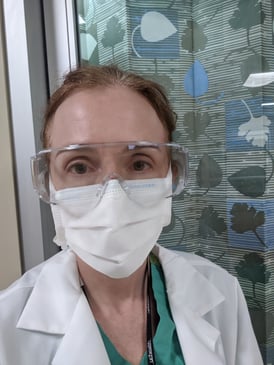
Emmy Betz, MD |
What does being a ‘Woman in Medicine’ mean to you?
Being an emergency physician means hard work and the responsibility – and privilege – of caring for people with illness and injury. Being a woman emergency physician adds additional layers of stress and challenge, from ongoing gender gaps in salary and opportunities to having patients assume I’m not the doctor. I feel a duty to advocate for fairness for my colleagues and the rising generations, building on the foundation laid by the women physicians and scientists before me. My mother (a PhD microbiologist) raised my sister (a pediatrician) and me to be strong and compassionate and to love science and to do what we can to make the world better. I hope my daughters are learning the same lesson from me.
How has the COVID-19 pandemic affected you personally?
I feel very grateful to have weathered the pandemic with a supportive and healthy extended family. My husband and I were able to keep working, and our daughters adapted to remote schooling as well as we could hope. I try to find the silver linings: less travel for professional meetings, more family time, learning to enjoy running. But it’s also been emotionally exhausting. In the first wave, I was worried about bringing the virus home from the ER and infecting my family; now, in the delta wave, I am sad, frustrated and angry to see so much preventable disease, especially as children go back to school.
How has it affected your career in medicine?
The COVID-19 pandemic coincided with a particularly productive time in my academic career, and it’s been strange to celebrate these successes in such a dark time. I was promoted to professor of emergency medicine this July. It’s an accomplishment I’m especially proud of, given that only a small proportion of emergency medicine professors nationwide are women. My research lab grew with new NIH (National Institutes of Health) and DoD (Department of Defense) funding for firearm injury prevention, which is a topic that is even more relevant now, given the spikes of pandemic-related violence and firearm sales.
Looking ahead, I hope to grow the campus Firearm Injury Prevention Initiative as a model of collaborative approaches to injury prevention. But I’m very aware of – and worried about – how this pandemic has affected the careers of women in different circumstances. We’ve got to do what we can as individuals and organizations to stop the exodus of women from healthcare (#GiveHerAReasonToStay in healthcare is a new campaign on the issue).
Cheryl Meguid, DNP, finds support while facing cancer care challenges head-on
Cheryl Meguid, DNP, is an associate professor of surgery and surgical oncology in the CU School of Medicine. She is also the Pancreas and Biliary Cancer Multidisciplinary Clinic coordinator and director of the multidisciplinary program development at the CU Cancer Center, as well as the director of faculty affairs for advanced practice providers in the Department of Surgery.
What does being a ‘Woman in Medicine’ mean to you?
For me, working in the medical field is the single most rewarding job I do, besides parenting. I know that the work I do makes a difference in people’s lives. I think being a woman and a nurse practitioner provides me with the compassion needed to help my patients navigate through the daunting and overwhelming number of appointments and treatment decisions they face as cancer patients.
I am often congratulated on the success of the multidisciplinary programs I have developed and oversee. While I know this was due to my ambition and drive, as well as having a dedicated, hard-working team, as a female leader, it is encouraging to be recognized for my hard work. At UCHealth and within the CU School of Medicine, there is a lot of support for advanced practice providers (the majority of whom are female) in achieving academic success, and I am grateful to be part of an organization that fosters promotion, learning, leadership and clinical expertise.
How has the COVID-19 pandemic affected you personally?
Transitioning my clinical practice and home life due to COVID-19 was one of the hardest things I ever had to do. However, working from home changed the dynamic of our team in a positive way. I was impressed by everyone’s commitment to patient care, despite the challenges, and prioritizing those in need by still running our multidisciplinary conferences and seeing patients in person. Many of my colleagues (myself included) were also caring for their children who were participating in remote learning. Luckily, my patients and my colleagues did not mind seeing my children pop into Zoom meetings or telehealth visits!
As a provider, it was heartbreaking to see patients declining necessary preventative procedures, surveillance imaging and even visits to their primary care physicians or the emergency room for fear of contracting COVID-19. Preventive colonoscopies, cancer surveillance imaging and annual physical exams are essential for good health, and I feared we would start seeing late-stage cancers being referred to our clinics because of this. It was also challenging helping patients make the decision to undergo surgery, knowing they would be in the hospital recovering alone when no visitors were allowed.
How has it affected your career in medicine?
As the director of the multidisciplinary programs, COVID-19 challenged our growth when it was difficult to obtain the necessary resources needed for our busy programs due to hiring freezes. I was also seeing a significant increase in patient volume despite the pandemic, and all efforts were focused on patient care; therefore, academic projects were put on hold. Working during a pandemic reinforced my passion for patient care and being able to fulfill my desire of helping patients who are facing a pancreatic cancer diagnosis.

